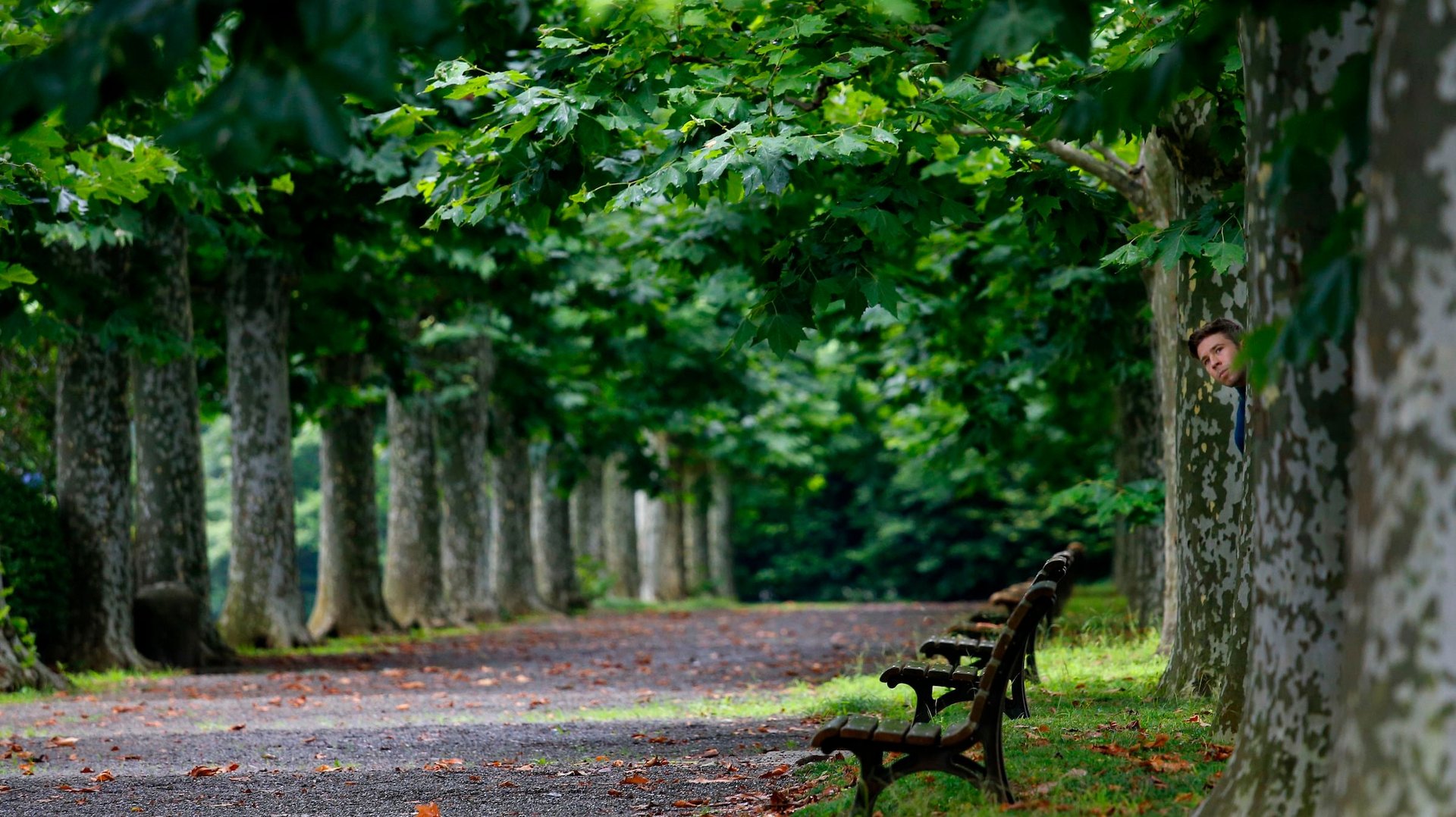Study: Living near trees is really good for you
A new paper finds that living in a leafy neighborhood isn’t just pleasant—it’s better for your health.


A new paper finds that living in a leafy neighborhood isn’t just pleasant—it’s better for your health.
Focusing on the Canadian city of Toronto, the research, published in Scientific Reports (an offshoot of the journal Nature), found that people who live in neighborhoods with a higher density of trees report significantly better health, and fewer have cardio-metabolic conditions.
Researchers found that having 11 more trees in a city block, on average, decreases cardio-metabolic conditions in ways comparable to an increase in annual personal income of $20,000 and moving to a neighborhood with $20,000 higher median income—or being 1.4 years younger.
Building on existing research that showed interactions with nature were good for the brain, the new study was led by Omid Kardan, a graduate student in the department of psychology at University of Chicago.
The team, which included researchers from Chicago, Indiana University, and the University of Adelaide (Australia), as well as three research institutes in Toronto, took the finding further. Working with an extensive dataset of trees throughout Toronto and the health records of over 30,000 Toronto residents, the researchers showed a correlation between the presence of trees and better health, Marc Berman, a co-author who is a psychologist at the University of Chicago, told the Washington Post.
There are some significant caveats: Although the researchers controlled for factors such as age and wealth, the study relied on individuals’ reports of their own health—which of course involve some subjective judgment. “We are doing our best to use not reported but objective health indices in our future studies,” Kardan explained in an email to Quartz. “It is a challenge because of the confidentiality issues.”
The study also notes that since the study was done in Toronto, the population of individuals observed benefit from Canada’s publicly-funded universal health care system. In places without universal health care, individuals’ health may be more affected by their economic status, which could reduce the impact of tree density on health.
Still, Kardan tells Quartz, the report’s findings “should hold for other urban centers with similar range of urban greenery.” The study recommends that planting about 10 more trees per city block can make a real difference—an effort that’s already underway in some cities.